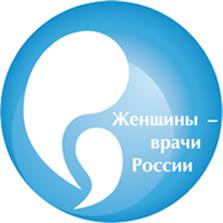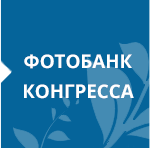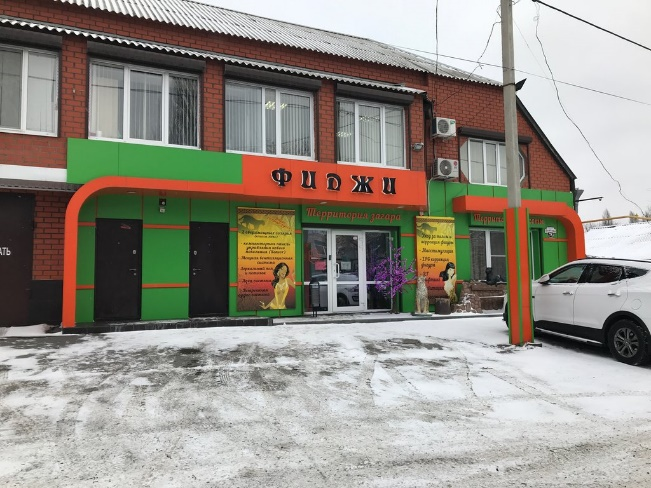
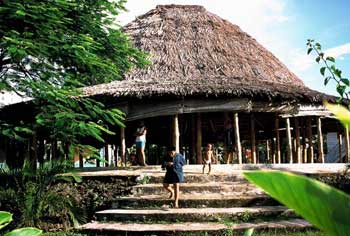
Fiji
1. Statistics
Total population (2016) 899,000
Gross National Product per capita (in international PPP dollars, 2013) 7,610
Life expectancy at birth m / f (years, 2016)
Probability of death (per 1,000 live births, 2018) before the age of five 26
Probability of death at the age of 15-60 m / f (per 1,000 people, 2016) 233/136
Total health expenditure per capita (Int. Dollars, 2014) 364
Total health expenditure as % of GNP (2014) 4.5
Latest data from the Global Health Observatory
2. General information about the country
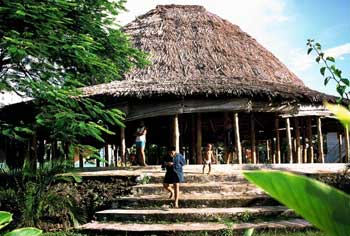
The full name is the Republic of Fiji. State system is republic. The head of state is president. Legislative organ is bicameral parliament (Senate and House of Representatives).
The capital of Fiji is Suva.
The climate is tropical oceanic (the mid-annual temperature in the country is near 25 °С), damp. On the average it rains from 1 700 up to 3 200 mm per year.
Mountain slopes are covered by dense tropical forests, in which hundreds kinds of plants grow. The woods in a northwest part of the country are almost did not remain, having given way to plantations of agricultural crops (a coconut palm, a pineapple, citrus fruits) and pastures.
The animal world of Fiji is quite poor. The most common mammal species are bats, including large flying foxes. Some animals introduced to the islands, such as mongooses, have survived well.
3. Prevention system of Fiji
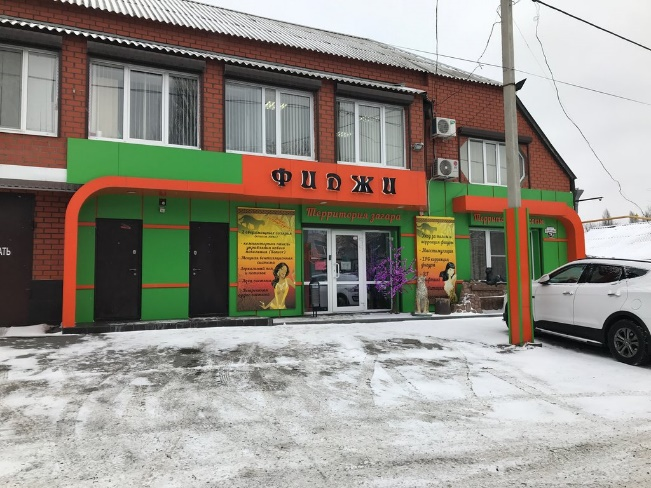
Health care in Fiji is funded entirely by general taxes, as there is no social health insurance in the country.
Fiji has a network of 98 paramedic health posts, mostly in rural areas, 84 health centers staffed by a doctor or paramedic, and 19 hospitals with departments throughout the country. Government spending on the maintenance of medical paramedic posts and centers is about 61% of government spending on health care, while spending on inpatient treatment in hospitals is 26%.
The private health sector is represented by about 130 private general practice clinics.
Some infectious diseases that have been eradicated in other parts of the world are still endemic in Fiji due to the climate, water supply, and inadequate agricultural sanitation. The number of sexually transmitted infections is growing. The prevalence of overweight in the 25-64 age group is high and ranges from 60% to 90%, the prevalence of diabetes reaches 40%, and the prevalence of smokers is over 60%.
4. Health programs implemented in the country
In October 2020, the Fiji Ministry of Health and Medical Services launched the FCTC - 2030 project, which aims to strengthen tobacco control in low- and middle-income countries. Fiji is one of nine countries selected for targeted international assistance under the second round of FCTC 2030, led by the Secretariat of the World Health Organization Framework Convention on Tobacco Control (WHO FCTC) in partnership with the World Health Organization, the United Nations Development Program and experts from civil society and academia.
Dr Adriana Blanco Marquiso, Head of the WHO FCTC Secretariat, noted that all countries will experience the current economic impact as the world continues to grapple with the devastating COVID-19 pandemic. “Let's seize this opportunity and redouble our efforts to curb the tobacco epidemic,” said Dr. Blanco Marquiso. - There has probably never been a better moment to quit smoking and to position tobacco tax and pricing policies as part of the national COVID response. I am confident that despite these challenging times, Fiji will be able to make the most of FCTC 2030 and deliver lasting change that will lead to better health and well-being for its people. ”
The WHO Framework Convention on Tobacco Control is the first international treaty to be concluded under the auspices of the World Health Organization. Its Parties are 181 countries and the European Union. Tobacco use is one of the leading causes of early and preventable deaths in the world. More than 8 million people die from it every year, about 1.2 million of whom die from exposure to second-hand smoke as non-smokers. Tobacco use is one of the leading causes of non-communicable diseases, including cancer, cardiovascular disease and lung disease. Smoking is also associated with increased severity and mortality among patients diagnosed with COVID-19.
Fiji was the first developing country to ratify the WHO FCTC in October 2003 and is now a leader in tobacco control in the Pacific. Fiji has also introduced laws to regulate the sale of tobacco products, requiring health images on these products, prohibiting smoking in several public places (indoor), and requiring the end of many forms of advertising, promotion and sponsorship of tobacco products.
Fiji also established the Tobacco Control Enforcement Unit in 2001 and shared its knowledge with other Pacific Island States.
“WHO supports the efforts of the Fiji Ministry of Health and Medical Services to extend this work beyond the health sector to strengthen the application of national tobacco control laws to protect public health from tobacco-related harm,” said Dr Corinne Capuano, Representative of WHO in Pacific region and Director of Technical Support for the WHO Western Pacific Regional Office.
5. Best public and private clinics in Fiji
Fiji has 25 public hospitals (including two national specialty hospitals) and three private hospitals providing secondary and tertiary care.
Public and private hospitals in Fiji Health in Fiji - Central Province: St. Giles Hospital (serving 850,000 people), Tumi Hospital (850,000), Colonial War Memorial Hospital, Cow Hospital, Nausori Maternity Hospital, Navua Hospital, Wunidawa Hospital , Vainibokasi Hospital, Lakeba Hospital, Lomaloma East Hospital, Levuka Hospital, Vunisea Hospital, Rotuma Hospital, Matuku Hospital,
Western Province: Lautoka Hospital, Tavua Hospital, Rakiraki Hospital, Nadi Hospital, Sigatoka Hospital,
Northern Province: Labasa Hospital, Savusavu Hospital, Nabuvalu Hospital, Vaiya Hospital.
Fiji's private health sector is represented by:
Rewa Province, Suva: Pacific Health Specialist; Makogai Island: PJ Towmey Hospital, Rewa Province, Suva: Suva Bayview Hospital, Nasese: Nasese Medical Center, Ra Province: Ra Maternity Hospital.
Text translated by a representative of « Russian Medical Women’s Association» Bondarenko Anastasia.
